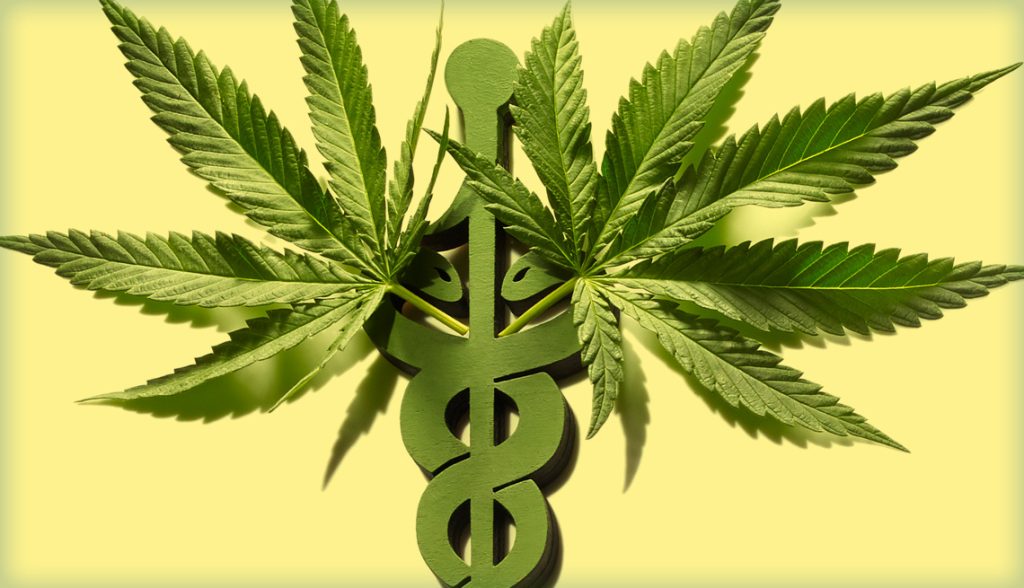As the use of medical marijuana becomes increasingly popular, more and more patients are seeking alternative treatments for their medical conditions. Elios Clinics is a leading provider of medical cannabis, offering patients a safe and effective way to manage their symptoms. In this article, we’ll explore the various medical conditions that medical marijuana can treat, the potential benefits it provides, and the different forms it comes in.
Conditions Treated with Medical Marijuana
Clinical trials have shown that medical marijuana can effectively treat or relieve symptoms of a wide range of medical conditions, including:
- cancer pain
- ADHD,
- schizophrenia,
- dementia,
- Alzheimer’s,
- Parkinson’s,
- multiple sclerosis or MS,
- inflammation,
- nausea and vomiting,
- neuropathic pain,
- psoriasis,
- depression,
- migraines,
- insomnia,
- epilepsy,
- knee pain,
- joint pain,
- chronic back pain,
- fibromyalgia,
- PTSD,
- arthritis
- anxiety
The therapeutic benefits of medical cannabis are attributed to its ability to interact with the body’s endocannabinoid system, which plays a key role in regulating various physiological processes such as pain, inflammation, mood, and appetite.
Side Effects of Medical Cannabis
While medical cannabis is generally considered safe, it can cause certain side effects such as dry mouth, red eyes, increased appetite, dizziness, fatigue, impaired memory and concentration, paranoia, and anxiety. However, medical marijuana users should know that these side effects can be managed and minimized by adjusting the dose or switching to a different strain.
How Long Does it Take for Cannabis to Leave Your System?
The length of time cannabis stays in your system can vary depending on several factors, including the frequency and amount of use, metabolism and body fat percentage, and method of ingestion. The effects of cannabis can be detected in bodily fluids such as urine, blood, saliva, and hair, with detection times ranging from a few hours to several weeks.
Benefits of Medical Marijuana on the Brain
Medical marijuana has been found to have several potential benefits on the brain, including anti-inflammatory and antioxidant properties, neuroprotective effects, and mood regulation. It can be used to treat anxiety, depression, and other mental health conditions by modulating the activity of neurotransmitters such as serotonin and dopamine.
Benefits of Marijuana Leaves to the Body
Marijuana leaves contain several compounds that have potential benefits for the body, including anti-inflammatory properties, pain relief, and improved digestion and appetite. Medical cannabis can be used to treat nausea, vomiting, and other digestive issues by activating the CB1 receptors in the gastrointestinal tract.
Effects of Cannabinoids
Medical marijuana contains several types of cannabinoids, each with their own unique effects on the body. THC is the main psychoactive compound responsible for the “high” associated with marijuana use, while CBD has been found to have anti-inflammatory, analgesic, and anxiolytic effects. CBG is a lesser-known cannabinoid that has potential benefits for treating conditions such as glaucoma, inflammatory bowel disease, and cancer.
Is Medical Cannabis Legal in the UK?
Medical cannabis was legalized in the UK in November 2018, allowing patients to access cannabis-based products for medicinal use under certain conditions. To be eligible for medical cannabis treatment, patients must have a medical condition that has failed to respond to other treatments and be under the care of a specialist doctor.
Recognizing Problematic Use of Medical Cannabis
Despite the numerous benefits of medical cannabis, it is important to recognize the signs of problematic use. Some signs to look out for include an increased tolerance for the drug, using more cannabis than intended, in other words, drug abuse, and neglecting responsibilities and social activities to use cannabis. It is important to approach a loved one who may be struggling with cannabis use disorder with compassion and understanding. It is recommended to seek professional help and treatment options such as cognitive behavioral therapy, group therapy, and medication-assisted treatment.
Marijuana and its Different Forms
Marijuana comes in three main forms: flower, concentrate, and edibles. Flower is the dried bud of the cannabis plant and can be smoked or vaporized. Concentrates are highly potent extracts that can be used for dabbing or vaporizing. Edibles are cannabis-infused foods and drinks, such as gummies, chocolates, and teas. It is important to be aware of the potency and dosage of the product being used. The most common types of strains include indica, sativa, and hybrid. Indica strains tend to have a relaxing and sedating effect, while sativa strains tend to have a more energizing and uplifting effect. Hybrid strains are a combination of both indica and sativa. It is important to consume marijuana safely and to start with a low dose, especially for those new to cannabis use.
Common Medical Conditions Treated by Cannabis
Medical cannabis has been found to be effective in treating a wide range of medical conditions, including chronic pain, inflammation, nausea and vomiting, neuropathic pain, psoriasis, weight loss, crohn’s disease, migraines, insomnia, epilepsy, knee pain, joint pain, back pain, fibromyalgia, posttraumatic stress disorder, and PTSD. The potential benefits of medical cannabis for each of these conditions vary, but can include pain relief, reduced inflammation, improved sleep, and mood regulation.
Conclusion
In conclusion, medical cannabis has become an increasingly popular alternative treatment option for a wide range of medical conditions. While there are potential risks and side effects to consider, the benefits of medical cannabis cannot be ignored. It is important to discuss the use of medical cannabis with a healthcare professional before use and to consume cannabis safely and responsibly. With proper use and monitoring, medical cannabis can provide relief and improve the quality of life for those with various medical conditions.
About author
Jack Sisson
Skip to
hide
